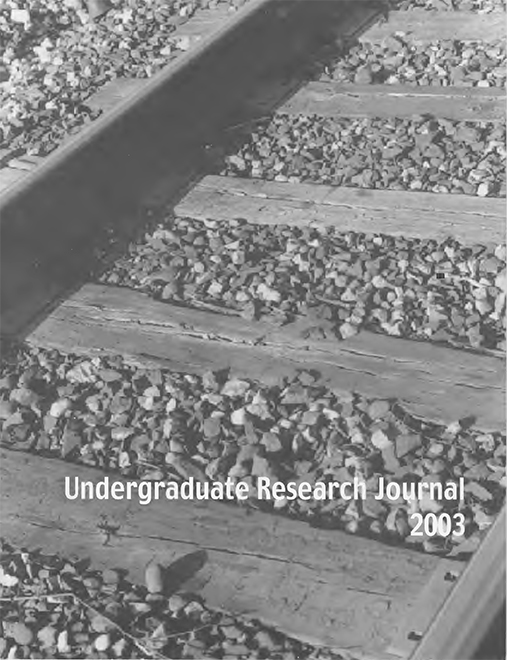The Religiosity of Young Adults The Determinants of the Religiosity of Young Adults
Main Article Content
Abstract
This study focused on how parental religiosity affects young adult children's religiosity. Parental religiosity was compared with their young adult children's religiosity. The type of parent-child relationship (if the young adult was securely or insecurely attached to their parents) was analyzed to determine its effects on the young adult's acceptance or rejection of his parent's beliefs. The hypothesis of this study was that children who have parents who are highly religious and are securely attached to their parents would be highly religious as young adults. A total of 70 people participated in this study; the participants were 35 introductory psychology students and 35 of their parents. Each participant was given a background questionnaire, a Religious Orientation Scale, an Intrinsic Religious Motivation Scale, a Quest Scale, and an Adult Attachment Scale. The hypothesis was supported because it was found that parental religiosity does effect young adult religiosity. The security of attachment of young adults does not effect their religiosity, but the security of parental attachment does. In other words, the level of security parents attached in their overall relationships is related to whether or not their children held the same religious beliefs as the parents.
Downloads
Download data is not yet available.
Article Details
Section
Articles
IUSB Student Journal Copyright Agreement
☐ I declare that this submission is my original work, and that it does not, to the best of my knowledge, infringe upon anyone's copyright.
☐ I agree that that [the journal] may, without changing the content, translate the submission to any medium or format for the purpose of preservation.
☐ The Undergraduate Research Journal may keep copies of my submission, and to translate it to any medium for future reproduction and distribution. I understand that I have the right to request that my submission be removed from IUSB online sources at any time by emailing Stephen Finlay, IUSB ScholarWorks administrator, at scfinlay@iusb.edu. Once I have made the request, the item in question will be taken down immediately.
